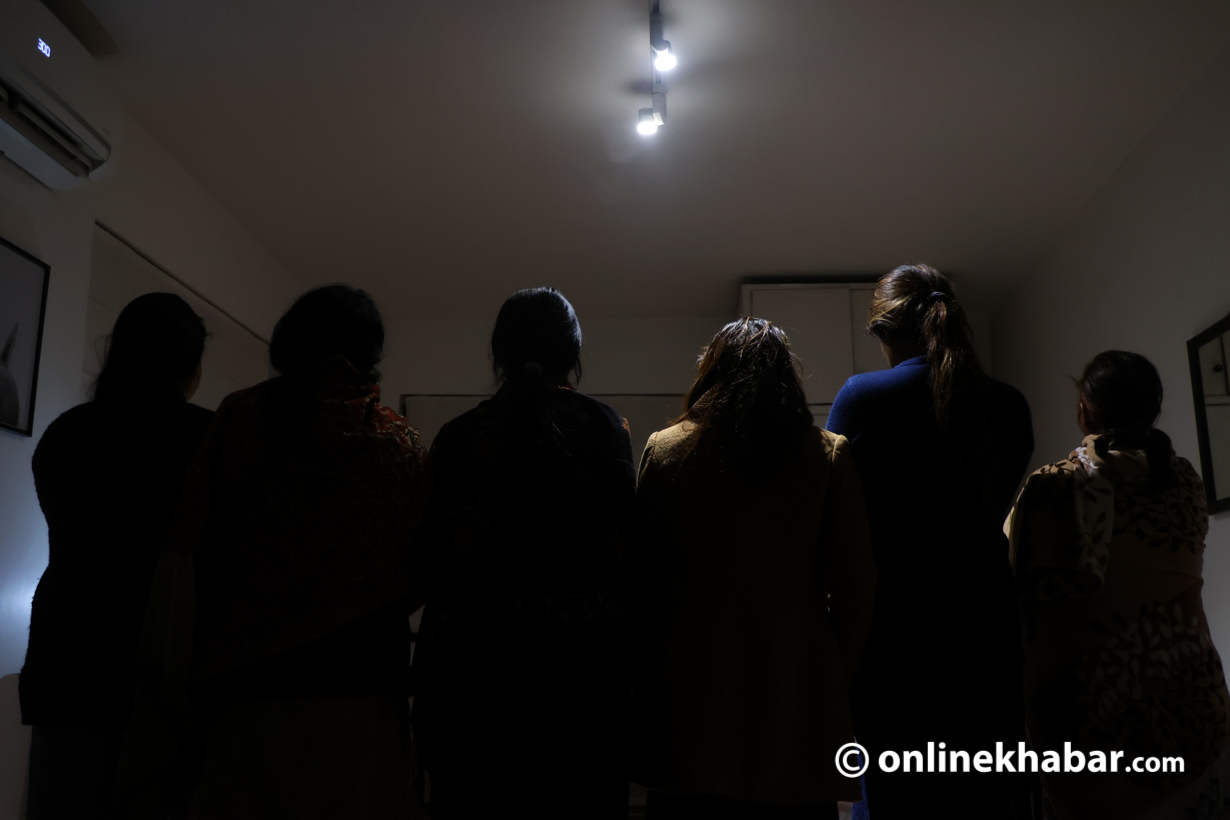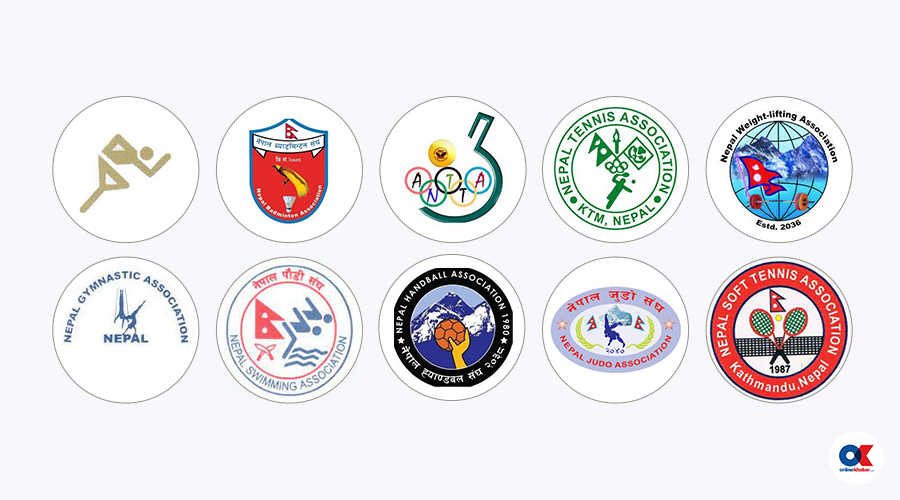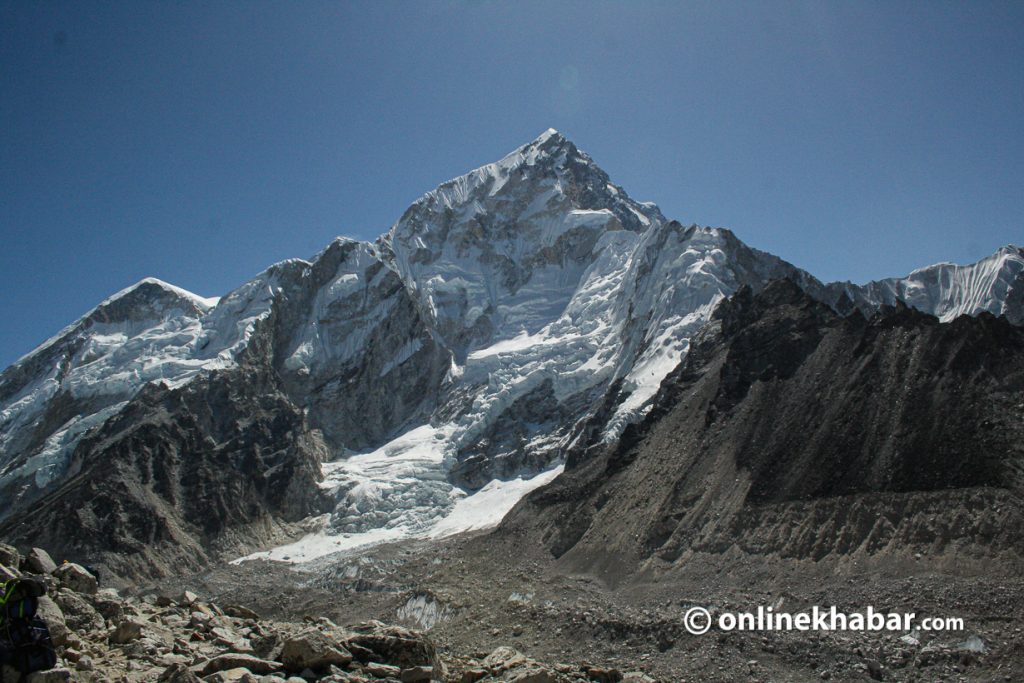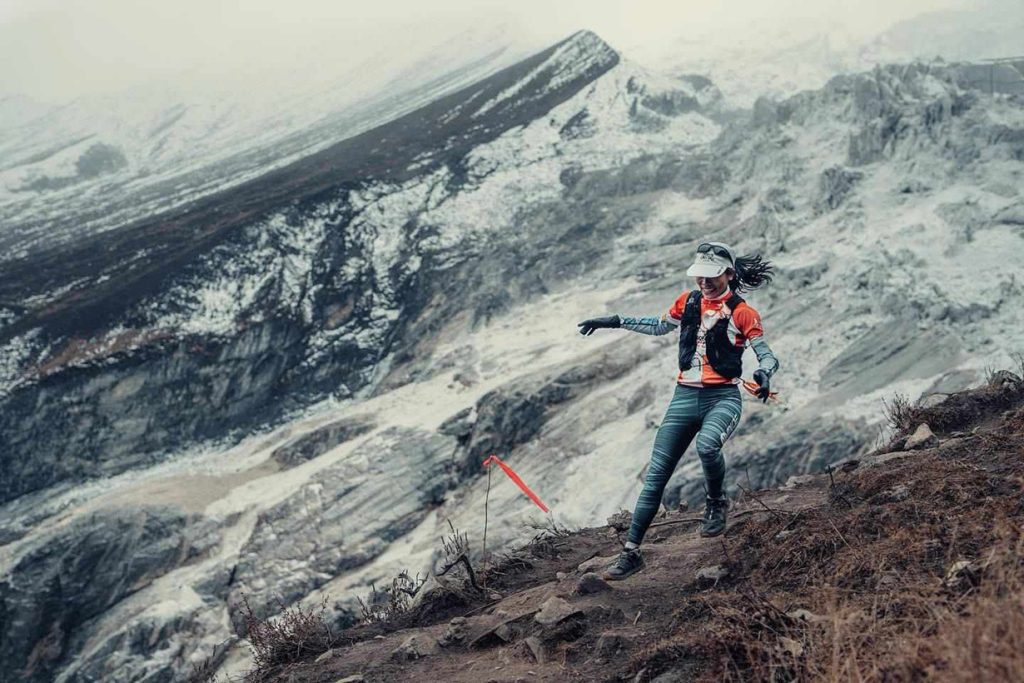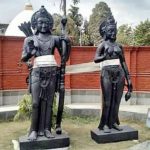
Major English and Nepali broadsheet dailies published from Kathmandu on Wednesday have prioritised different issues. Many newspapers have made the lead news story from a report of a subcommittee under the International Relations and Labour Committee of Parliament, which has concluded that many Nepali workers, women in particular, are being trafficked to gulf countries in the name of foreign employment, in cahoots with government agencies.
Likewise, contemporary political issues have also received significant attention.
Important
RJPN likely to boycott September 18 polls

The Rastriya Janata Party Nepal has decided not to take part in the third phase of local level elections to be held in eight districts of Province 2 on September 18.
A meeting of the party’s office bearers made the decision as it endorsed a political document presented by its Coordinator Mahantha Thakur which also proposed that the party should not contest the polls till the constitution amendment, according to a story in The Himalayan Times.
Meanwhile, the meeting also urged the government to meet other demands including declaration of martyrdom to those killed in various agitations, treatment of those injured in demonstrations and release of people arrested from movements, Though two members of the presidium—Mahendra Yadav and Sharad Singh Bhandari—among others had advocated that the party join the poll process without any condition, the meeting dismissed their suggestions, reports Kantipur.
Rajdhani, however, says the party is yet to make any concrete decision about poll participation as top leaders had differences over the issue.
Dr KC’s health deteriorates

Kantipur, The Kathmandu Post and Republica have published reports about fasting Dr Govinda KC’s health in their front page today.
The orthopaedic surgeon in his 60s has been fasting-unto-death at the Tribhuvan University Teaching Hospital. As of the 16th day of his strike on Tuesday, his pulse rate is low, has decreasing urine output, is suffering from chest pain, experienced fluctuating heartbeat and is getting weaker in overall, reports Republica.
The medical team attending to Dr KC is prepared to keep him in the ICU, the report adds.
Meanwhile, talks between a government team and Dr KC’s representatives have stalled as major political parties are not much willing to pass the Health Profession Education Bill, which is one of the major demands of Dr KC’s fast, reports The Kathmandu Post. The bill is stuck in Parliament since September last year.
Therefore, Dr KC’s representatives are not interested to resume the talks anytime soon, according to Republica.
Ignored
CIAA to probe Phewa Lake encroachment

After reports of increasing encroachment in Phewa Lake came out in mainstream media of late, the Commission for the Investigation of Abuse of Authority has launched an investigation into the case, report Nagarik and Republica.
The anti-corruption constitutional body recently wrote a letter to the Phewa Lake Conservation and Management Office under Pokhara-Lekhanath Municipality asking for details about the encroachment, according to Nagarik anchor story. The Office has already responded to the letter with a report of initiatives take to conserve the lake from encroachment, the report quotes an engineer working at the Office.
Details about alleged encroachment, however, will be submitted later, according to Republica. Meanwhile, the report names famous writer, tourism entrepreneur and social activist Karna Shakya, hotelier Piyush Bahadur Amatya and surgeon Lagadish Lal Baidya as persons involved in the encroachment.
No tractor has been imported for last three weeks
The country has not imported a single tractor in past three weeks after the government imposed value-added tax on this vehicle, reports Karobar daily.
Earlier, tractor was recognised as an agricultural tool and the government had exempted VAT and excise duty on the vehicle. But, the government introduced a new rule for this fiscal year and said tractors with a capacity more than 1,000 CC have to pay 13 per cent VAT. The vehicles of less than 1,000 CC, however, still enjoy the exemption.
The new rule has virtually stopped the import, informs NADA Automobile Association of Nepal, Tractor Committee’s President Kapil Shiwakoti. “All tractors are used in farming. Traders are confused why the government decided to impose VAT,” he says, “Tractors with more than 1,000 CC were more popular in Terai region.”
Interesting
Taplejung’s Olangchungola connected to Tibet road network before domestic one
Locals of remote Olangchungola village of Taplejung district in northeastern Nepal have taken an initiative to construct a 21-kilomtetre road to connect the village with the Tibetan border, reports Annapurna Post in its anchor story for the day.
The villagers took the initiative after they feared the Nepal government would take some more years to connect their place with the national road network. They had coordinated with a Chinese construction company to run the project.
Locals had collected donations from Nepalis living abroad among other sources to construct the road with an investment of Rs 14.78 million. Now, they hope that they can import Chinese goods and commodities including foodstuffs more easily. Food products cultivated in the village is sufficient for only three months of a year, therefore locals largely depend on food items to be imported from Tibet, the report informs.
Only 7 per cent houses are quake-proof in Kathmandu
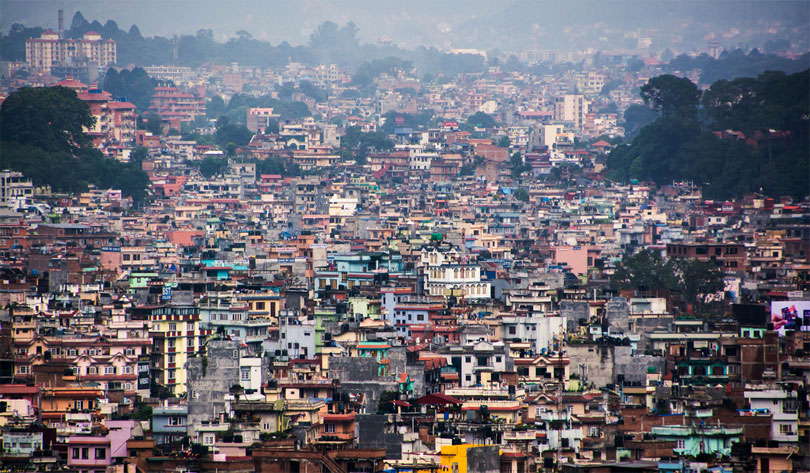
Only around seven percent houses constructed in Kathmandu Valley have met the government standard set for earthquake resistance, says Nepal Samacharpatra lead story today.
Though many years have passed since the introduction of Building Code, the level of awareness about quake-resistant buildings in citizens is very weak, the report comments on the basis of data obtained from the Ministry of Urban Development.
Recently, the Ministry had conducted a survey in Kathmandu in coordination with Japan International Cooperation Agency to end up with the alarming finding. The Ministry’s spokesperson Ramesh Prasad Singh warns that more than 45 per cent of buildings in the Valley will collapse if any big earthquake shakes the Valley in near future.
Though citizens prepare designs for their houses by professional engineers and architects and get them approved by local authorities, they do not completely follow the set procedures, the report has identified.















